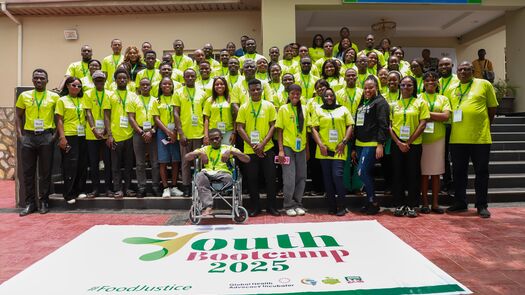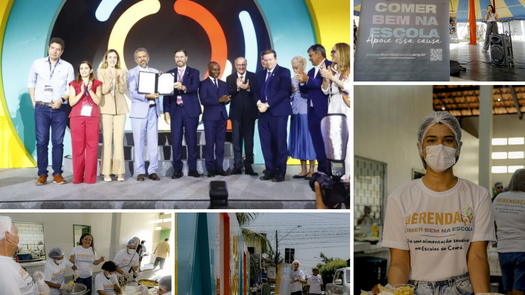November 25, 2025
May 18, 2023
Using the Power of Health Taxes to Prevent Noncommunicable Diseases
More than eight million people die each year from smoking and approximately 184,000 deaths per year can be attributed to sugary drink consumption worldwide. Strong excise taxes on ultra-processed products are a policy intervention that countries can implement to prevent consumption of these products. Ultra-processed food and drinks can cause noncommunicable disease and also have a negative impact on the environment. Hundreds of liters of water are used to produce just one liter of soft drink. The food and beverage industry is also producing and exporting beverages in countries with scarce water resources.
Taxes on sugary drinks, ultra-processed foods and tobacco products are effective public health interventions because of their population-wide impact to reduce death and disease. These taxes help to tackle the burden of noncommunicable disease, support sustainable health systems, improve health at scale and deliver positive health outcomes by reducing the burden of disease and its associated costs, catalyzing positive behavior change.
Governments have the obligation to reduce the negative consequences of production and consumption of unhealthy products, and taxes are among the tools that countries can use to adhere to their responsibilities. Health taxes are also beneficial for governments because they produce significant new revenue streams despite the consumption decline and they reduce health care costs due to smoking and unhealthy eating. We know tobacco and health taxes work from evidence of dozens of countries implementing these policies. Plus, tobacco companies and food and beverage industries virulently oppose and aggressively attempt to stop these policies from being passed.
Advocacy is necessary to build political will for these health taxes, as well as to counter the influence of industries motivated to disrupt the policy process. The Global Health Advocacy Incubator (GHAI) has successfully advocated for effective policy adoption and implementation and works with partners in more than 20 countries around the world on advocacy campaigns to implement or increase excise taxes on tobacco, sugary drinks and/or ultra processed foods. We support advocacy campaigns by countering conflicts of interest, working with partners to engage with decisionmakers and the public and frame health taxes in terms of equity, poverty reduction, malnutrition alleviation the right to health and a healthy environment. Examples of our partners’ successful sugary drink tax campaigns include Pakistan, Colombia, Nigeria and Barbados. Our parent organization, the Campaign for Tobacco-Free Kids, also advocates for strong tobacco taxes in priority counties around the world and has been successful in securing major victories in Brazil, Pakistan, the Philippines, Ukraine and the U.S. among others.
GHAI and the World Health Organization are hosting a discussion about the role of excise taxes in preventing noncommunicable diseases at the World Health Assembly on May 23. We will be joined by representatives from the World Health Organization, Senator Pia Cayetano from the Philippines, and FIAN Colombia. Please join us for this in-person and live-stream event by registering here.




